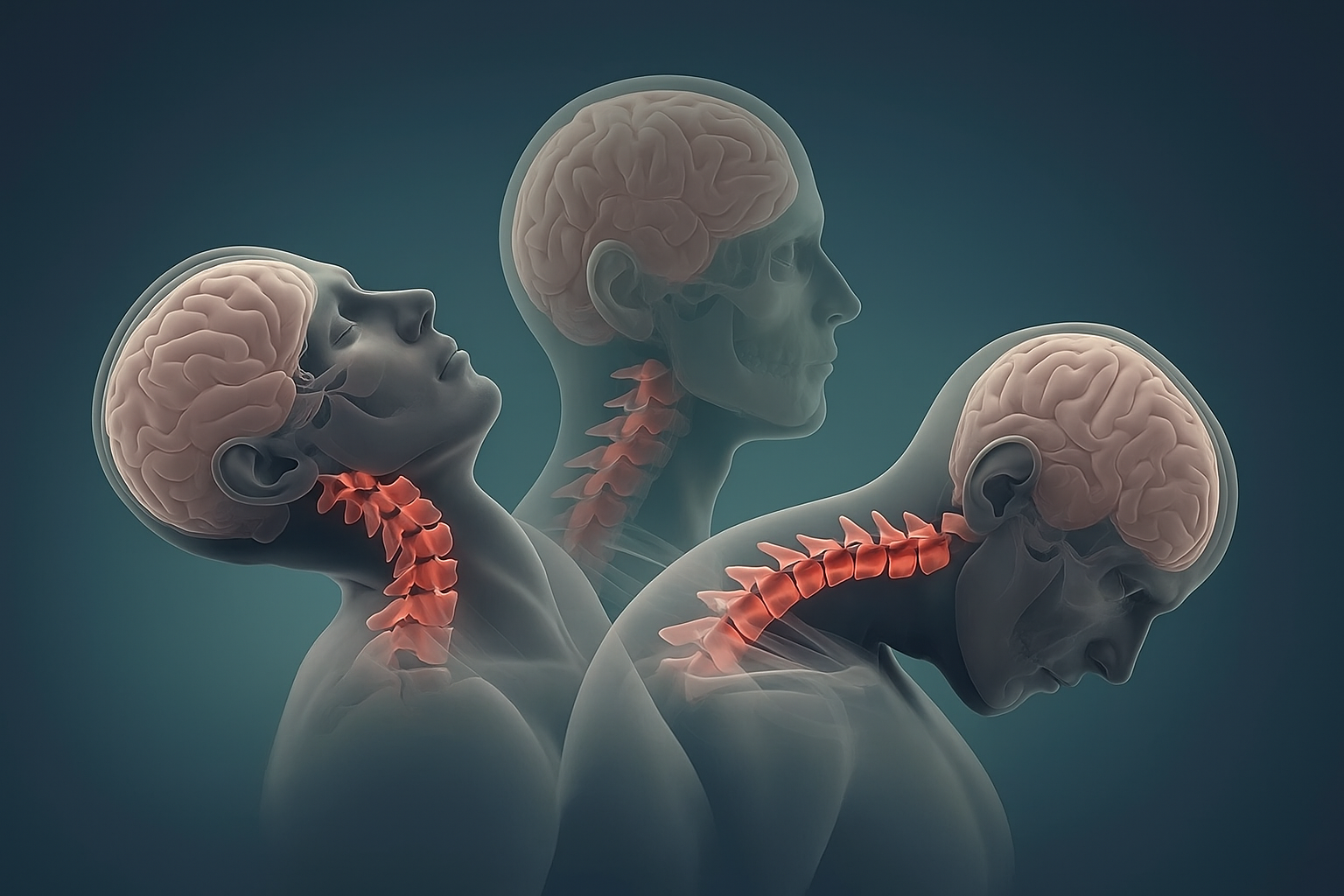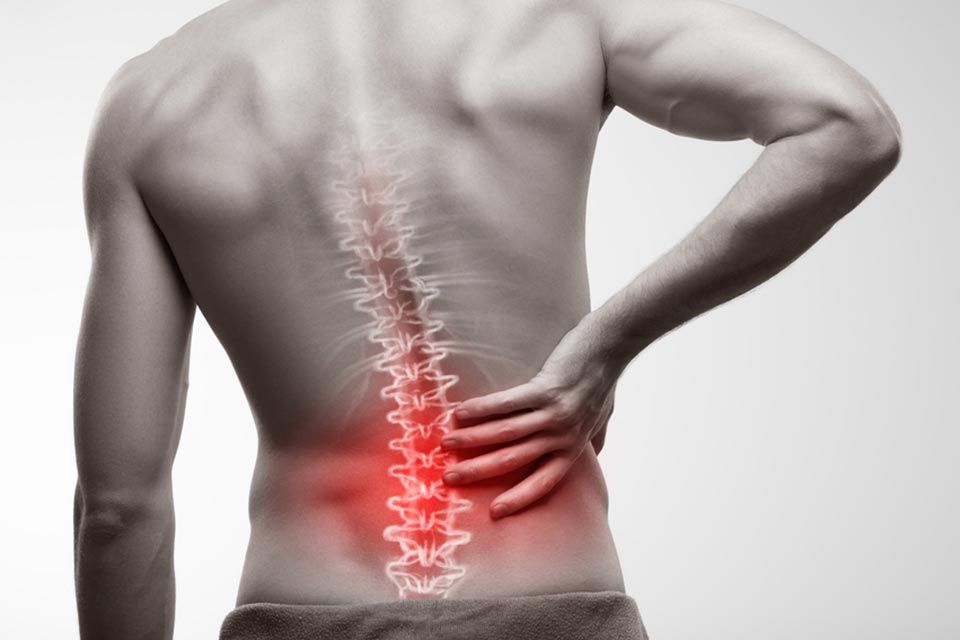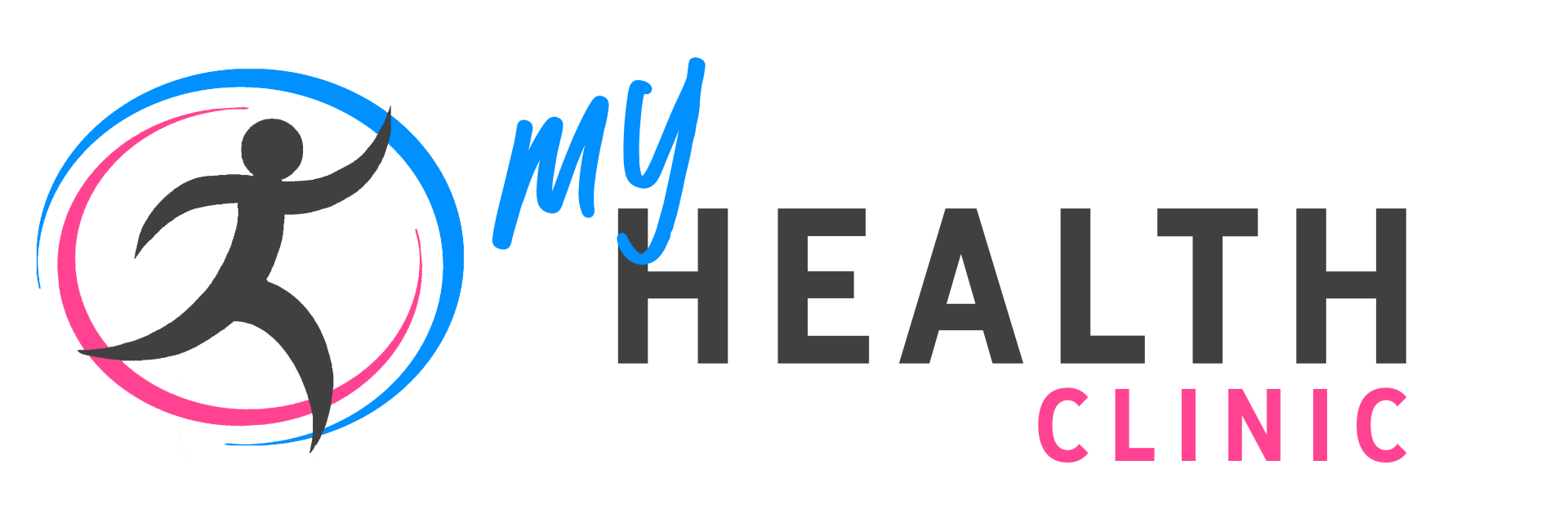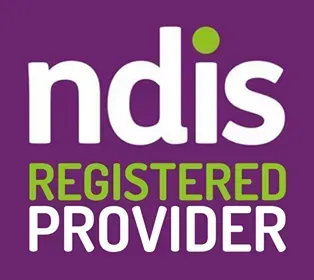Ages and Stages: The Fundamentals to School-Age Development in Children
Every child develops in unique ways — but understanding the ages and stages of childhood provides a roadmap for identifying when additional support may be beneficial.
During the school-age years (approximately 5–12 years), children experience rapid growth across physical, cognitive, social, and emotional domains. These skills form the foundation for learning, independence, and participation in school, sport, and play.
At MyHealth Clinic, our Physiotherapy and Occupational Therapy teams are passionate about supporting children’s development during these formative years, helping every child reach their full potential.
Understanding School-Age Development
The school-age years bring exciting milestones as children grow in confidence, coordination, and curiosity. Development at this stage typically includes:
- Gross motor skills — running, jumping, balancing, hopping, and skipping
- Fine motor skills — handwriting, cutting, tying shoelaces, buttoning clothes
- Cognitive and learning skills — focus, problem-solving, memory, and organisation
- Social and emotional skills — teamwork, communication, and self-regulation
While many children naturally develop these abilities, others may experience challenges due to developmental delays, neurological conditions, sensory differences, or injuries. Recognising these early allows for targeted intervention — and research consistently supports early therapeutic involvement for better long-term outcomes.
The Link Between Motor Skills and Learning
Motor development isn’t just about movement — it directly affects academic and social success.
A 2024 systematic review found that both gross and fine motor skills were positively correlated with academic performance, especially in areas such as mathematics, reading, and writing (Yeo et al., 2024, Frontiers in Psychology). Children with stronger fine motor control often display improved handwriting, problem-solving, and confidence in class.
Similarly, research shows that good motor development supports emotional well-being and social participation, while delayed motor skills can impact self-esteem and peer relationships (Journal of Social Education, 2023).
How Physiotherapy Supports School-Age Development
Paediatric Physiotherapists at MyHealth Clinic specialise in helping children build the strength, coordination, and confidence they need to participate fully in everyday activities.
Physiotherapy can help with:
- Gross motor delays – difficulty running, skipping, or balancing
- Core weakness and poor posture – challenges with sitting upright in class
- Low endurance – fatigue during play or sport
- Motor coordination issues such as Developmental Coordination Disorder (DCD)
- Neurological and developmental conditions such as cerebral palsy or autism
A large body of evidence shows that motor-skill-focused, play-based programs significantly improve children’s physical competence and confidence (Park et al., 2021, BMC Public Health).
At MyHealth Clinic, our physiotherapists use playful, age-appropriate exercises that develop balance, strength, and coordination — empowering children to enjoy movement and keep up with peers in the playground and classroom.
How Occupational Therapy Supports School-Age Development
Occupational Therapists (OTs) help children develop the skills needed for daily life — from classroom participation to self-care and social play.
Occupational Therapy can assist with:
- Fine motor skills and handwriting – improving dexterity, pencil control, and grip
- Sensory processing and attention – supporting children who are over- or under-sensitive to sounds, textures, or movement
- Self-care and independence – dressing, feeding, toileting, and managing routines
- School readiness and organisation – following instructions, managing transitions, and staying on task
Evidence shows that OT interventions targeting sensory regulation and fine motor skills improve classroom engagement and functional performance (Novak et al., 2019, Australian Occupational Therapy Journal).
At MyHealth Clinic, our OTs tailor therapy sessions to each child’s needs — combining purposeful play, handwriting programs, and sensory-based activities to build confidence and practical life skills.
A Collaborative, Child-Centred Approach
At MyHealth Clinic, we believe in an interdisciplinary approach — where physiotherapists, occupational therapists, families, and teachers work together to support every aspect of a child’s growth.
For example:
- A child struggling to sit upright and focus may benefit from Physiotherapy for posture and endurance, and OT for attention and sensory regulation.
- A child with messy handwriting might need OT to improve fine motor control and Physiotherapy to build shoulder and core stability.
This collaborative care ensures we’re addressing not just individual skills, but the whole child — helping them thrive in all settings: school, home, and community.
When to Seek Help
You may consider a developmental check with our Physiotherapy or Occupational Therapy team if your child:
- Struggles with running, jumping, or coordination
- Avoids physical play or tires easily
- Has difficulty with handwriting or managing small objects
- Shows sensitivity to textures, sounds, or movement
- Has challenges with self-care tasks like dressing or feeding
- Has been diagnosed with a developmental or neurological condition
Early support prevents secondary issues such as reduced confidence, lower physical activity, or academic frustration — and empowers children to participate meaningfully in life.
Why Choose MyHealth Clinic
At MyHealth Clinic, we provide comprehensive, evidence-based Physiotherapy and Occupational Therapy services for children of all ages. Our experienced team uses the latest research and family-centred approaches to:
- Assess developmental strengths and challenges
- Create personalised therapy plans
- Collaborate with families, teachers, and healthcare providers
- Promote independence, confidence, and lifelong learning
Whether your child needs help with coordination, handwriting, or confidence in play, our goal is simple: to help them move better, learn better, and live better.
Final Thoughts
School-age development is a time of tremendous growth — physically, emotionally, and cognitively. By understanding each child’s unique developmental journey and providing the right therapeutic support, we can nurture stronger, more confident learners and movers.
At MyHealth Clinic, our Physiotherapists and Occupational Therapists work hand-in-hand to help children build the skills they need not only for school, but for life.
If you’re concerned about your child’s development or would like a professional assessment, contact MyHealth Clinic today to book a Physiotherapy or Occupational Therapy appointment.




